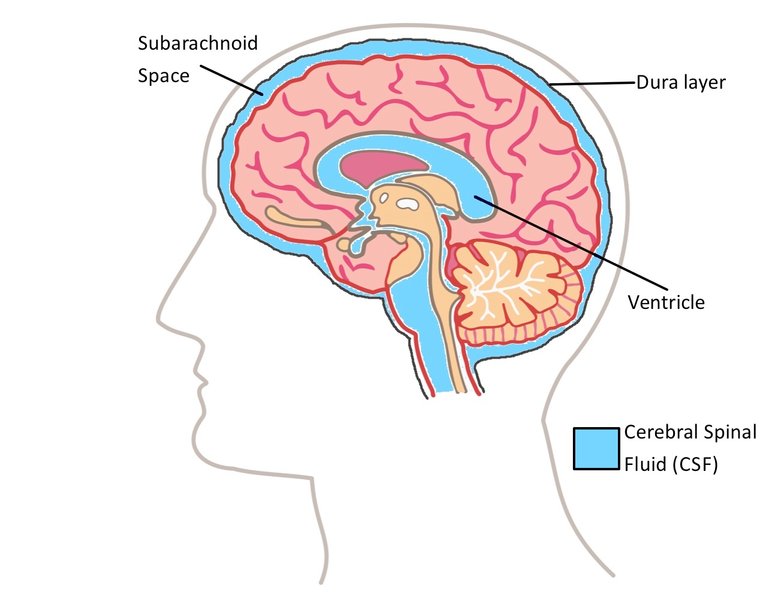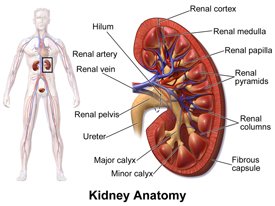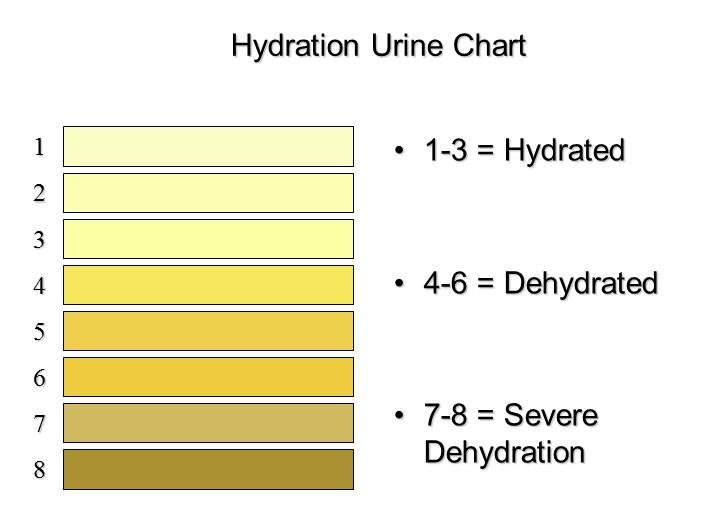One molecule of Hydrogen and two molecules of Oxygen, also known as H20 or Water. It is so important that your body can survive longer without eating than it can without drinking.
Water is essential to life.
Imagine running an engine with oil. At first, the oil will help lubricate and allow for the parts to function smoothly. However, after a while, if there is no maintenance, the oil starts to thicken. In turn, it becomes harder for the different parts to function harmoniously while disrupting the entire system due to friction causing parts to overheat and eventually resulting them to wear out quickly. In this analogy, oil is blood and the parts are our organs.
The human body on average is mainly composed of 60 percent water.
Water is used in many bodily processes such as cellular function, transporting nutrition throughout your body, to regulate and maintain your body temperature and blood pressure, give integrity to your tissues such as muscle, joints, brain, and spinal cord, and also help with digestion and removal of waste. As you can see water plays an important role in our body.
Our blood is made of 92% water and 8% blood plasma protein
Having the proper levels of fluids allows our blood flow seamlessly through our organs, which allows them to do their jobs more efficiently requiring less energy to process it.
When our organs have less difficulty to operate it allows your body to reallocate unnecessary unused energy elsewhere which could help with reducing fatigue on your system which can increase your daily mental ability and function.
However, when fluid levels start to negatively change, the body will go into survival mode and start to use the path of least resistant to compensate and start to divert the essential fluids to vital organs.
BRAIN

Your brain is surrounded by a fluid called cerebral spinal fluid or CSF, it acts as padding to your brain to protect from shock but also it is the environment in which your brain lives in. If you are dehydrated, the amount of CSF level changes, which causes a change in the environment, thus may alter brain function. Can lead to fatigue or brain fog.
TISSUES

Your skin has the ability to sweat in order to diffuse heat and prevent your body to overheat. Despite, sweating may also result in the loss of electrolytes and fluids. In consequence, if there are imbalances or a decrease in fluids and electrolytes, your muscles may not have the ability to properly contract, extend or relax and may take longer to recuperate while inducing fatigue.
KIDNEYS
Proper hydration is vital for kidney function as it helps remove toxin and waste in form of urine. If dehydrated, the kidneys will have a hard time filtering the blood and waste will start to build up inside the body changing the environment to becoming toxic.

Creating a good habit that will keep you consistently hydrated throughout the day will make you feel different. On a physiological aspect, we are talking about how effective the organs are doing their job and communicating with each other and on a cognitive aspect, it can help you with processing information.
What are the symptoms of early onset dehydration?
Dehydration occurs over time. This happens when you utilize more body fluid than you intake in other words you are going into a deficit. Here are a few symptoms but not limited to dehydration:
- Dry mouth
- Dry skin
- Fatigue
- Lightheaded
- Dizziness
- Confusion
- Increase blood pressure and breathing
How does dehydration negatively affect cognitive and physical performance?
In the Journal of Athletic Training, the National Athletic Trainers Association (NATA) states that dehydration of 1-2% of body weight begins to compromise physiological function and negatively influence performance. Beyond 3% dehydration of body weight, physiological functions start to change and risk of developing heat illnesses increase.(To put this in perspective, if you weight 150 lbs. 2% equals to 3 lbs)
Cognitive performance
Your brain requires oxygen and glucose to operate while using about 20% of it in order to help facilitate the transport of oxygen and glucose from your blood to your brain. If there is a reduction in blood volume due to dehydration, less vital nutrients will make it to your brain. Hence, causing the brain to function less efficiently.
Physical Performance
When doing exercise, our body generates heat and the way it regulates our body temperature is through sweating.
During exercise, and depending on the intensity you can lose anywhere from 500ml to 2L per hour.
As you sweat, you lose electrolytes and the balance can be disrupted. Therefore, being able to maintain proper fluid levels will help with reducing the chances of muscular cramping while helping the muscles' ability to contract and relax by moving potassium and sodium effectively. We will discuss electrolyte beverages in a future post.
Strategies below should be implemented for pre, during and post-exercise to maintain fluid levels.
Recommendation:
Pre Exercise: 500ml of water 2 hours before exercise.
This will give enough time for your body to process the fluid to allow for proper physiological function during exercise.
During Exercise: 200-300ml of water every 10-20 minutes.
Hydrating during exercise, allows your body to maintain your ability to continuously dissipate heat during exercise, in other words, sweat.
Post Exercise: 500ml for every lb lost within 2-hour post-exercise.
The window for replenishment post exercise is ideally within 2 hours post-exercise. Drinking 500ml for every lb of weight loss.
How to keep yourself in check?
The best ways to measure your hydration is through thirst and the color of your urine.

Thirst is the universal sign your body uses to inform you of dehydration. If you feel thirsty, you are on the road to dehydration. It is best to stay consistent with a daily intake of water.
Another easy way is to look at the color or your urine. The lighter your urine is, the more hydrated you are, the darker it is the more dehydrated you are. Ideally, you would like to stay within the range of 1-3. (See Figure)
Lastly, you can measure your weight pre and post exercise and see how much weight you have lost. Keep in mind that measurement is most precise when measured with no clothes on.
Weekly Challenge
Now that you understand the benefits of drinking water, we challenge you to try monitoring your fluid intake this week.
Start off by getting yourself a reusable bottle that you can keep on you throughout the day while making sure to drink a minimum of 2L per day. Sip away throughout the day; try to remember that if you are thirsty, do not ignore your body. This requires consistency and determination. Through this exercise, we look to challenge you by taking a step towards becoming healthier.
Drop us a comment down below, we would love to hear how drinking more water makes you feel!

@healthclinx thank you for taking the time and effort to research and present this essential ingredient to human life. Extremely clear and concise!
Thank you for reading! I wish you growth and health!